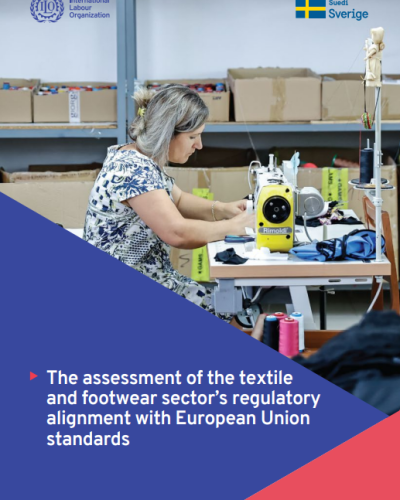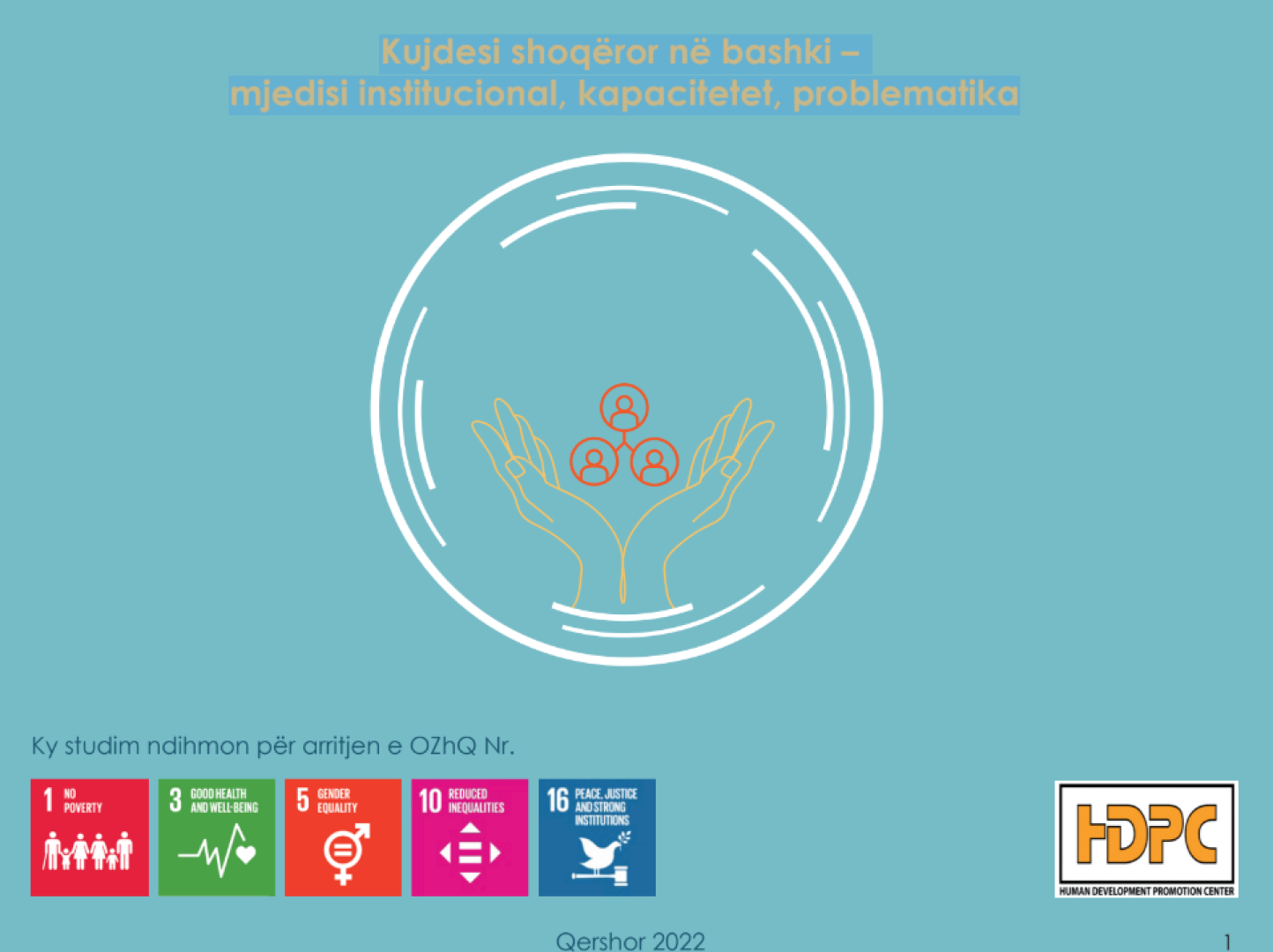The assessment of the textile and footwear sector’s regulatory alignment with European Union standards

In 2022, the European Commission approved opening up accession negotiations with Albania, emphasizing that the integration process requires, among other things, effective legal approximation and proper implementation of the European regulations on locally manufactured end-consumer goods so that they are fully acceptable in the European Union. This also includes textile and footwear goods exported in the European market for end-customer use. The current gap between the Albanian legal framework and the European one indicates that in the textile and footwear industry national legislation is only partially aligned with the EU acquis on pre-packaging, textiles, footwear labelling and mixtures.
The main objective of this report is to introduce an insightful legislative review, followed by an action plan to fill the existing gap with the European legal framework and generate new opportunities for textile and footwear enterprises to benefit from new partnerships in the EU market. Such partnerships open up additional channels for knowledge transfer and niche creation, thereby increasing the potential for market exploitation as dominant garment and footwear suppliers to EU markets and customers.
Within the framework of recent global socio-economic trends, entering and competing in the EU market is no longer solely a matter of price. Additional competitive advantages related to social and environmental considerations in manufacturing, or “circular and sustainable fashion” can be supported and promoted through immediate legislative measures that will level up approximation with European standards and acquis chapters. These measures oriented towards improving and upgrading production modalities and procedures to align with the standards required in the EU legal framework generate a high potential to form new partnerships that may strengthen competitive advantages and enable entrance into new markets.





















